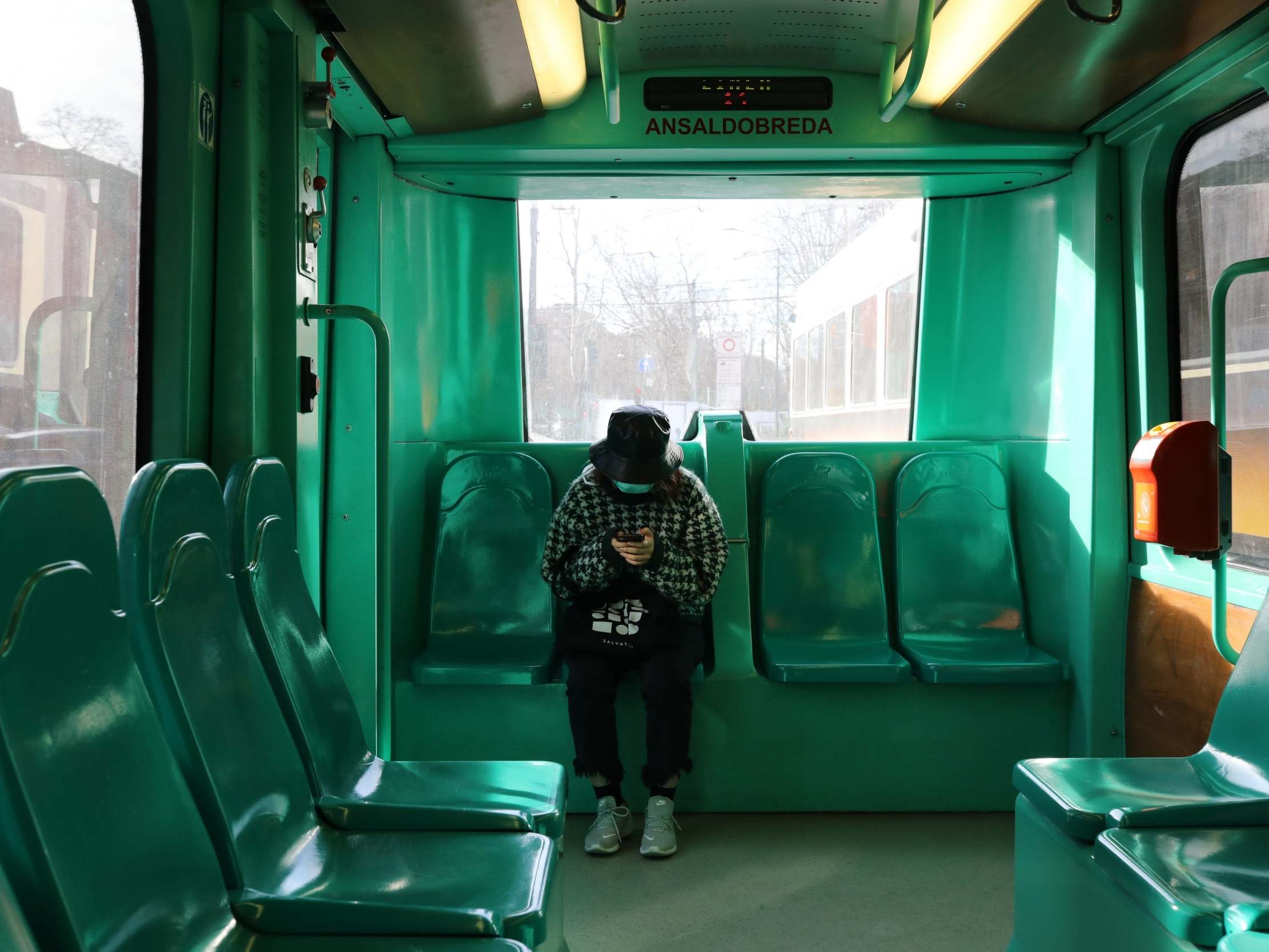‘The situation is dramatic’: Italy scrambles to limit coronavirus spread – and economic fallout
The country is trying to strike a balance between adopting preventive measures and limiting the inevitable strain on the economy, writes Alessio Perrone in Milan

Bars across Milan are opening for aperitivo for the first time in five days, a welcome move for owners who have been hit hard by the coronavirus outbreak.
Since 23 February, restaurant and bars across the northern Italian region of Lombardy were forced to close early at 6pm, but on Wednesday Attilio Fontana, the regional governor, announced the restrictions would be lifted.
The development is telling. In the wake of the first coronavirus contagions last week, Italian authorities rushed to adopt strict measures to prevent the spread of the virus.
Eleven towns in the north were put under lockdown – schools and universities were suspended, and touristic attractions and museums closed.
Italy has suffered the worst outbreak of the virus in Europe: of the more than 11,000 people tested, more than 500 contagions have been detected.
Of these, the Italian Civil Protection said that 42 had fully recovered, while 12 had died – mostly elderly people who were also battling other pathologies.
But although it is too early to say whether those measures were successful, authorities have had to reckon with one of their other impacts – economic damage.
Nobody likes Milan with switched-off lights. May the city be reopened soon
Many offices closed in Milan, Italy’s economic powerhouse, as the stock market plunged eight per cent in one week.
With employees asked to work from home, streets and public transport appeared deserted.
Italy’s economy was already one of the weakest in the eurozone – with the European Commission cutting the country’s growth forecast to a meagre 0.3 per cent earlier in February.
The epidemic has so far hit the most the two most dynamic regions in the country: Lombardy and Veneto, with 305 and 98 contagions each, account for more than 30 per cent of the national GDP.
Fearing a downturn in the global economy, the IMF warned governments to avoid hurting their economies by introducing “well-targeted and proportionate measures”.
Andrea Fumagalli, a professor of political economics at the University of Pavia, south of Milan, agreed that reopening businesses, bars and restaurants across the Italian north was “the only thing to do” to prevent economic hiccups.
But tourism continues to be one the sectors to suffer the most.
The Milan Furniture Fair, an important design event due to be held in April, has been cancelled due to the coronavirus outbreak.

“The situation is dramatic,” Gianmario Bertini, general manager of the Antares Hotel Rubens in Milan, told the Independent. He said that all but three or four of the hotel’s 87 rooms were vacant, with the figure down to two next weekend. He said his hotel had had cancellations worth €130,000 (£111,000) since 23 February.
Many airlines have also stopped running flights to northern Italy, with British Airways cancelling 22 flights to Milan over the next two weeks due to a drop in demand.
Barbara Bonura, a spokesperson for hospitality association Federalberghi, called the situation “bleak” and added that 80 per cent of bookings had been cancelled in Milan.
“Nobody likes Milan with switched-off lights. May the city be reopened soon,” mayor Giuseppe Sala said on Thursday, according to La Repubblica newspaper.
He had said the need to defeat the coronavirus was great, but it was as important to combat the virus of low trust.
Newspapers also appeared to be striking a different tone; ones that talked about the virus in apocalyptic terms now ran interviews with experts calling it “just a stronger flu”.
The virus is, however, continuing to spread, reaching the southern regions of Abruzzo and Puglia, where many towns announced that schools would be closed after authorities confirmed contagions.
The epidemic also reached the politicians who were trying to engineer a solution to thwart economic recession.
Just a few hours after Lombardy had lifted restrictions on bar opening hours yesterday, governor Attilio Fontana cancelled a press conference over fears that one of his assistants had been infected.
He announced on his Facebook page that his assistant had tested positive. “For now, I haven’t contracted any infection … so we can carry on working,” he said in a video.
“But for two weeks I’ll try and live in a kind of self-quarantine.” Before stopping to record, he put on a mask.
With the virus spreading across Europe, countries will have to strike a balance between preventive measures and controlling economic damages.
“The collective hysteria and the management of alarmism will certainly hurt some economic sectors – above all transports, tourism and show business,” said Ms Fumagalli. “This seems to be already happening.”
Join our commenting forum
Join thought-provoking conversations, follow other Independent readers and see their replies
Comments